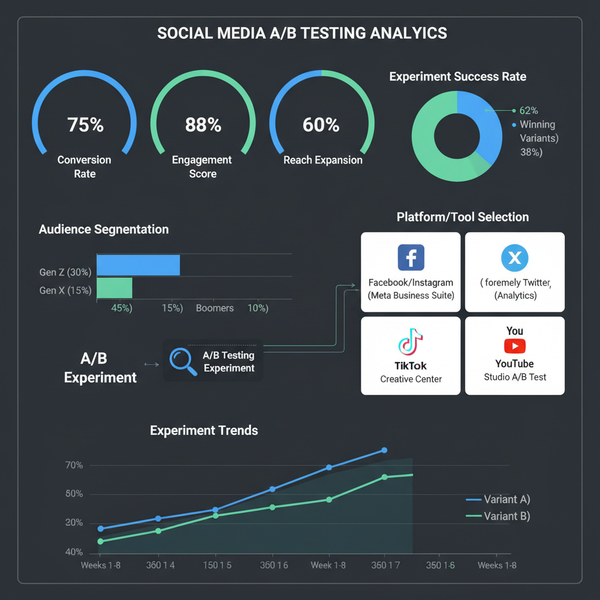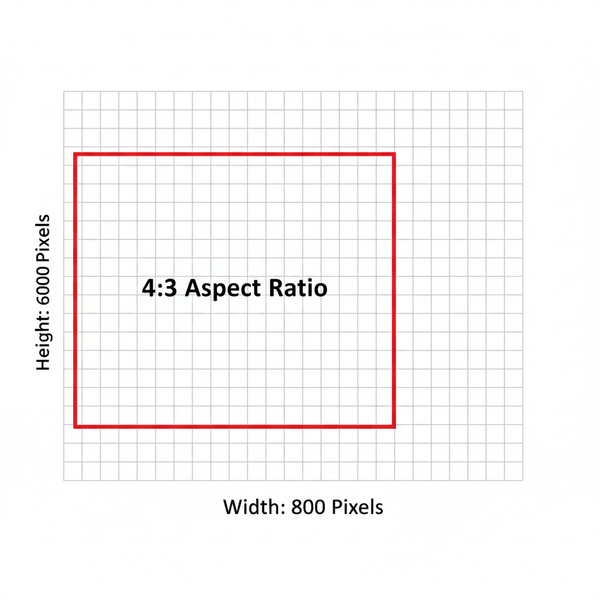Why Is Threads So Bad? User Complaints and Key Issues
Explore why Threads has disappointed users, from missing core features and poor feed algorithms to technical glitches, privacy concerns, and early adoption drop
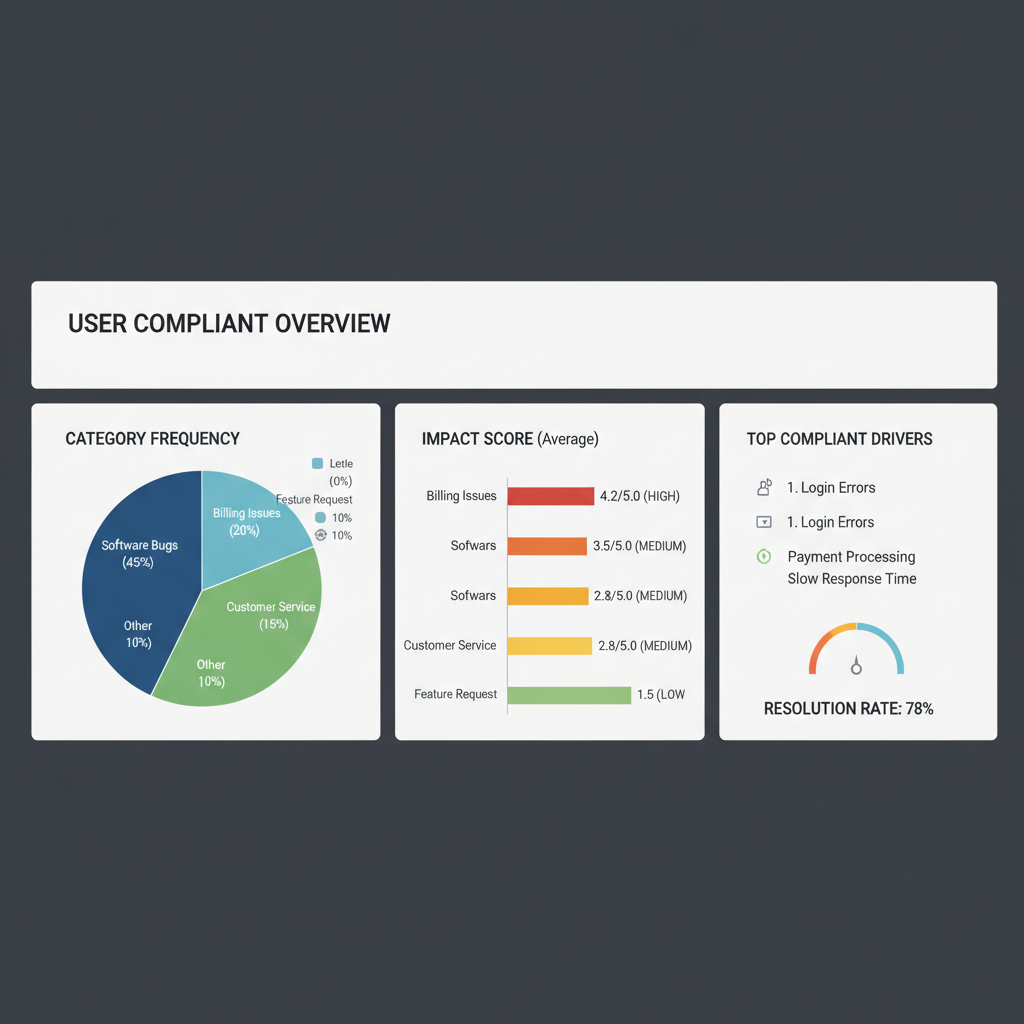
Introduction: Why Is Threads So Bad?
Meta’s Threads was launched with enormous fanfare as a text-based social network integrated with Instagram, positioned as a direct competitor to Twitter (now X). Millions flocked to the platform in the first 24 hours thanks to its effortless Instagram login.
However, after the initial excitement, users began asking: "Why is Threads so bad?"—citing missing features, poor performance, and frustrating content discovery. This article explores these pain points in detail, compares Threads to competitors, and outlines what Meta could do to turn things around.

---
Adoption Rates and Early Buzz
Within one week, Threads surpassed 100 million sign-ups—the fastest growth ever recorded for an app. Expectations climbed rapidly:
- Feature parity with Twitter/X was assumed.
- Influencers anticipated higher reach via Instagram’s massive user base.
- Brands saw potential for lightweight, conversational marketing.
Reality hit when daily active user numbers began to plummet after the first fortnight, revealing that curiosity alone was driving sign-up spikes—not sustainable engagement.
---
Limited Features Compared to Competitors
The most glaring criticism is Threads’ lack of essential capabilities that have become standard on other social platforms. At launch, users found:
- No direct messaging (DMs)
- No trending topics or hashtags
- No ability to save drafts
- No scheduling tools for creators
- Limited rich media support beyond basic images and short videos
These shortcomings made workflows harder for journalists, brands, and creators used to the robust toolsets offered by Twitter/X or Mastodon.
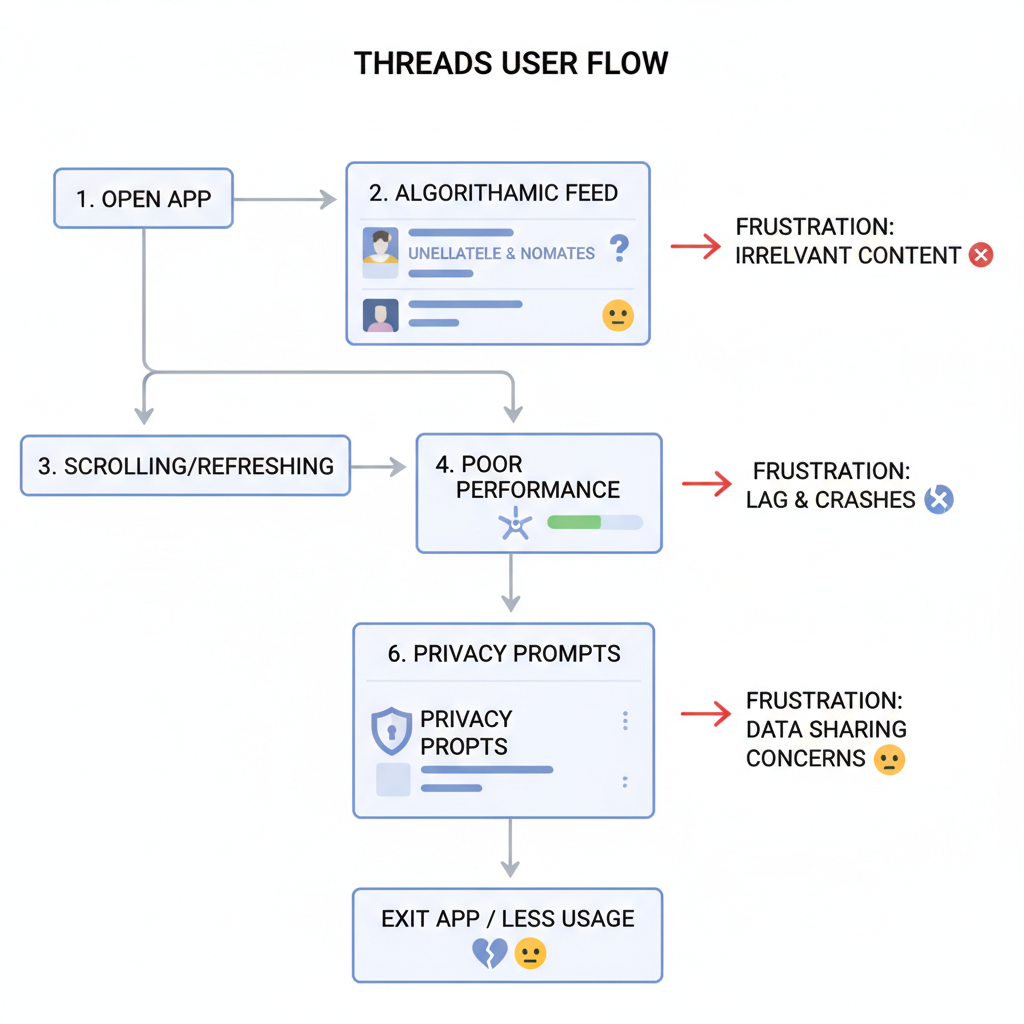
---
Poor Algorithmic Feed and Missing Chronological View
Threads defaults to an algorithm-driven feed, delivering posts in seemingly random order—often from accounts users don’t follow. This lack of a chronological timeline undercut the immediacy of real-time conversations.
Breaking news and live-event coverage were frequently buried under unrelated content, frustrating users accustomed to Twitter’s Latest Tweets view for up-to-the-minute updates.
---
Lagging Performance and Technical Glitches
Performance issues have further soured the user experience. Commonly reported problems include:
- Slow feed and profile loading
- App freezes during large image uploads
- Frequent logouts tied to repeated Instagram verification
- Notifications that fail to appear or are delayed for hours
For a modern social networking app, such glitches quickly erode credibility and retention.
---
Incomplete Platform Access: No Web/Desktop at Launch
Threads went live as mobile-only, neglecting desktop and web access entirely at first. This was a significant barrier for professionals and media teams reliant on desktop speed and convenience.
Without a web interface, many potential heavy users were effectively locked out, lowering conversation frequency and visibility.
---
Privacy Concerns and Data Collection
Meta’s track record with data privacy has led many to examine Threads’ permissions closely. The app collects an extensive set of personal data, including:
| Data Type | Collected by Threads | Concern Level |
|---|---|---|
| Location | Yes | High |
| Contacts | Yes | Medium |
| Purchase History | Yes | High |
| Search History | Yes | Medium |
For privacy-conscious users, these permissions were a deal breaker—contributing to the platform’s early churn.
---
Content Moderation Challenges
Threads’ moderation model has been criticised from both ends of the spectrum. Some users experienced overzealous content removals for harmless posts; others reported inadequate policing of spam, misinformation, and harassment.
This inconsistency has undermined trust, particularly for vulnerable communities seeking safe interaction environments. Clearer rules and balanced enforcement are essential to resolve this paradox.
---
Stunted Discoverability and Weak Search
At launch, the search feature was limited to user accounts only—no post search, no hashtag tracking. The impact:
- Live conversations were essentially invisible unless you followed every participant.
- Topic-based discovery was virtually impossible.
- Content creators struggled to connect with niche audiences.
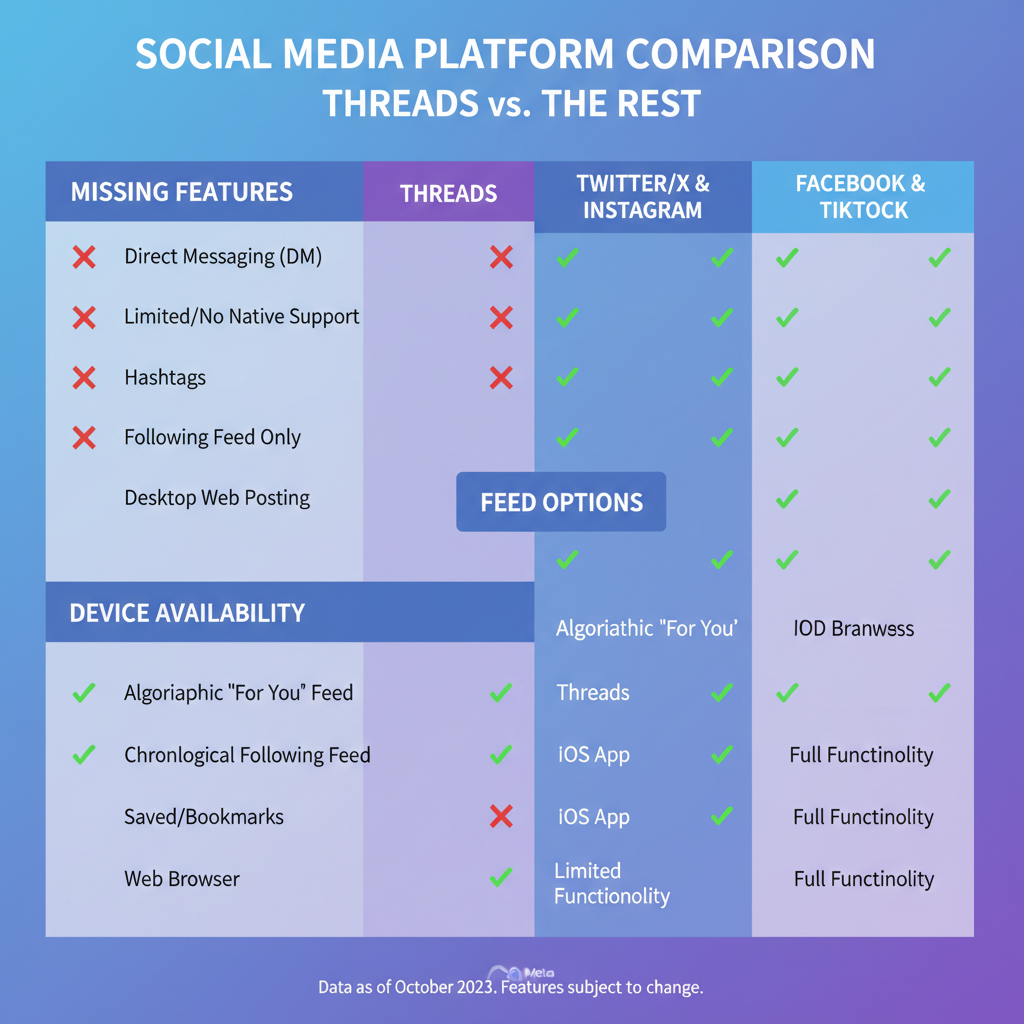
---
Engagement Drop-Off in the User Base
Industry metrics revealed a dramatic engagement decline after Threads’ debut. Reasons included:
- Lack of interactive features
- Algorithm feed irrelevance
- Poor discoverability tools
- Uneven moderation
Social networks live and die by sustained activity, and Threads failed to keep momentum.
---
Instagram Integration: Double-Edged Sword
Integration with Instagram offered instant onboarding and populated feeds with familiar accounts. Yet downsides included:
- Deleting Threads meant deleting Instagram entirely
- Linked identities reduced anonymity
- Overlap between two platforms caused content confusion
Users seeking independence and pseudonymity often balked at these restrictions.
---
Competitive Landscape
Threads entered a crowded space alongside Twitter/X, Mastodon, and Bluesky. While each platform has unique strengths, direct comparisons are telling:
| Platform | Strengths | Weaknesses |
|---|---|---|
| Twitter/X | Rich real-time threads, established base | Policy unpredictability |
| Mastodon | Decentralised control, strong privacy | High learning curve |
| Bluesky | Open protocol innovation | Invite-only restriction |
| Threads | Seamless Instagram signup, clean UI | Feature gaps, poor retention |
---
What Users Want Meta to Change
Community feedback highlights key improvements that could help Threads compete:
- Chronological feed option
- Hashtags and advanced search
- Web/desktop platform availability
- Native analytics tools for creators
- Transparent moderation policies
- Direct messaging, drafts, scheduling tools
- Reduced data collection and stronger privacy safeguards
---
Summary & Call to Action
Ultimately, the answer to why is Threads so bad lies in unmet expectations coupled with real technical and strategic missteps. While the app’s Instagram integration makes casual posting easy, seasoned social media users find it lacking in core functionality and performance.
If Meta aims to make Threads a true rival in the text-based social space, it must bridge these gaps quickly. Until then, professionals and high-engagement communities may prefer platforms with proven toolsets and discoverability.
Looking for more insights on emerging social platforms? Explore our detailed comparisons and stay ahead of the social media curve.


